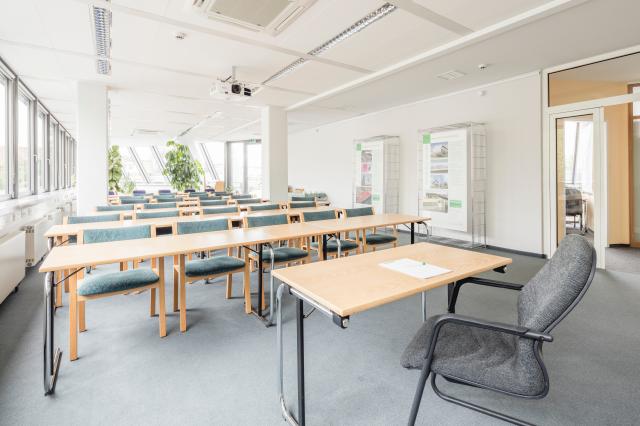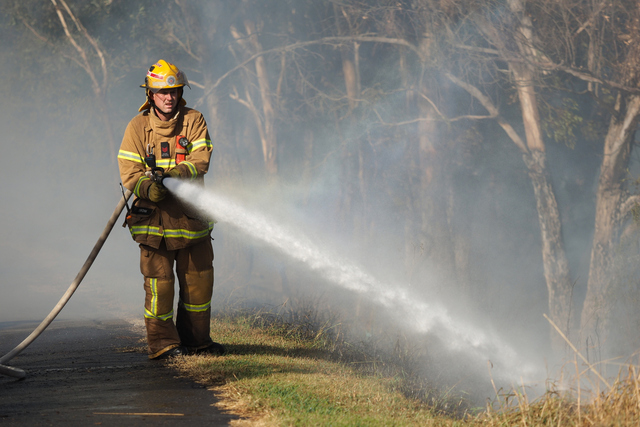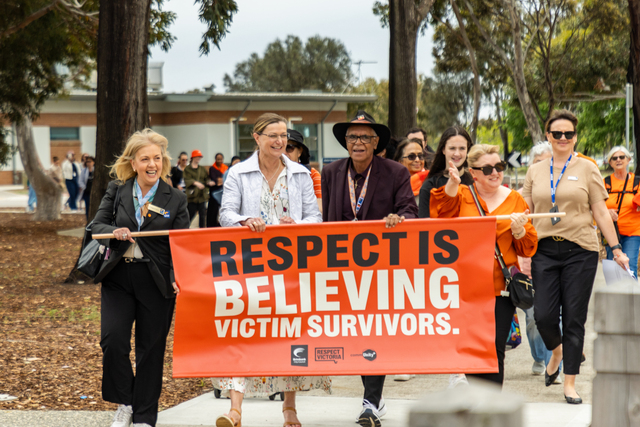A new report from Victoria University’s Mitchell Institute shows a significant improvement in young people in Brimbank undertaking full-time education.
‘Children, Young People and Health in Brimbank’ report, released today, looks at the change in health and education outcomes in the region over the 10 years to 2016.
Growing Brimbank, which has partnered with Brimbank City Council, has aimed to understand the disadvantages within the community in order to implement programs to increase opportunities.
Brimbank includes some of the most socioeconomically disadvantaged and culturally diverse population groups in Victoria.
The report found that Brimbank had seen a large increase in young people earning or learning with 84.1 per cent of youth aged 15 to 24 studying or working, up from 72.3 per cent in the 10 years.
There has also been a dramatic decline in children with mothers who have low educational attainment. Both are indicators for children having a greater risk of low educational and life opportunities.
The introduction of funded three-year-old kindergarten in 2022 will help disadvantaged families and early numbers are showing 89 per cent of available Brimbank places filled for 2022.
Mitchell Institute’s Professor of Health Policy Rosemary Calder said education was a key indicator of both economic and health success later in life.
“It is encouraging to see that more young people are staying in education for longer, however, of concern, is the declining preschool attendance in some of the most disadvantaged areas of Brimbank. It is perhaps no surprise that these areas also have seen an increase in developmental vulnerabilities identified in children starting school,” Professor Calder said.
“Quality early learning is crucial to preparing children emotionally and intellectually for school, with evidence showing that disadvantaged children benefit most.
“Two years of preschool can put children ahead in literacy and numeracy and those benefit continues throughout their schooling into later life.”
Brimbank mayor Jasmine Nguyen said local programs that work with culturally and linguistically diverse communities have achieved good results for young people.
“What they do indicate is the positive intergenerational flow on effects of more young people completing post school qualifications,” she said.
“With over 47 per cent of Brimbank’s residents born overseas, it is important that services reach out to our culturally diverse community to help co-design education and employment programs that are culturally safe, accessible and relevant.”
Victoria University has won an $11 million Paul Ramsay Foundation grant and, in partnership with Griffith University, is in the early stages of working with local communities to develop programs to help improve opportunities for young people as they transition from school to work and from early learning to school.







